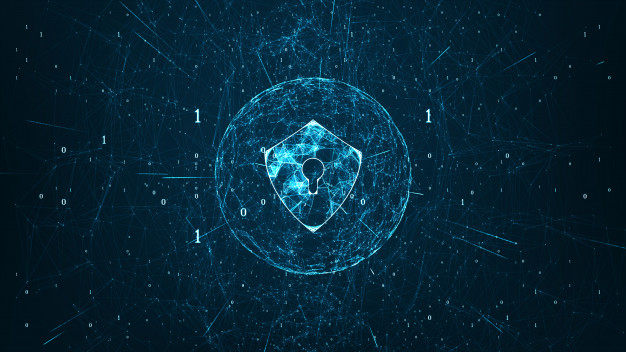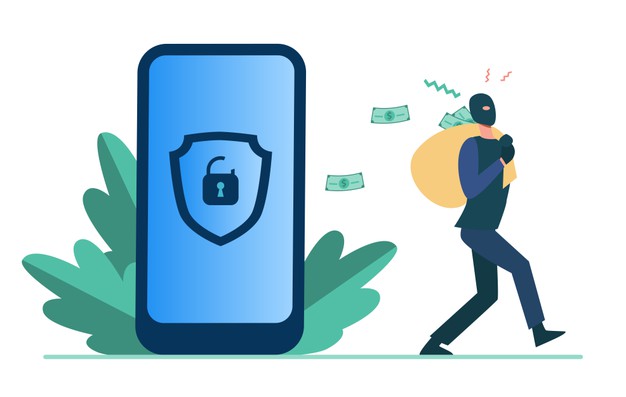5 Tips for Choosing the Right Password | Free Antivirus Software

Whatever your uses, professional or private on the internet, many sites and services require you to identify yourself using passwords in order to protect your information. To ensure their safety, it is necessary to ... Many sites and online services require you to identify yourself with passwords in order to protect your information. But what makes a good password? 1: Use different passwords for each access With the number of online accounts that require passwords, it can be tempting to use the same password every time. However, it is essential to use a different password for each connection made on the Internet. This protects you from the possibility, during a cyber attack, of seeing a malicious person accessing all of your online accounts. Fortunately, managers allow you to manage all of your access without having to remember every combination. 2: Choose a Complex Combination For Your Password Your password should be complex enough to avoid being too easily guessed. This is wh






